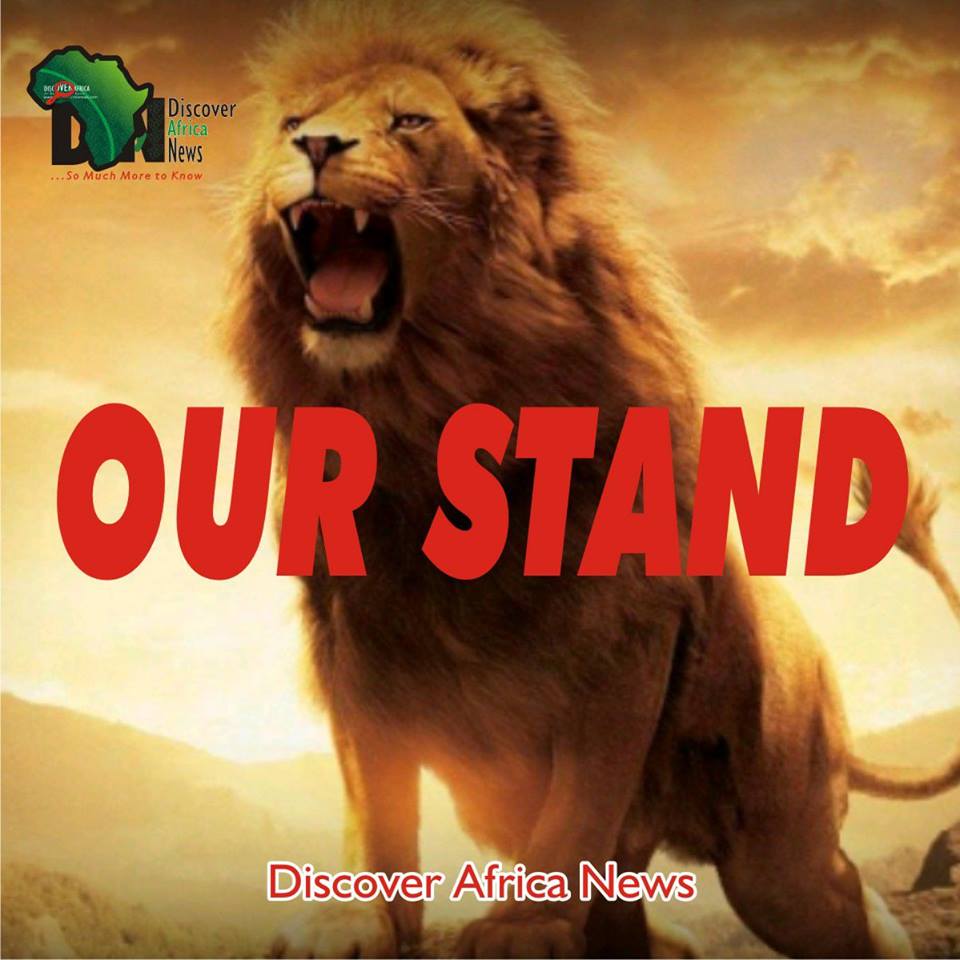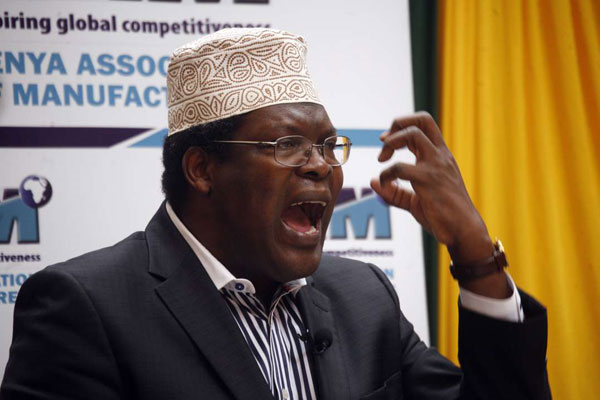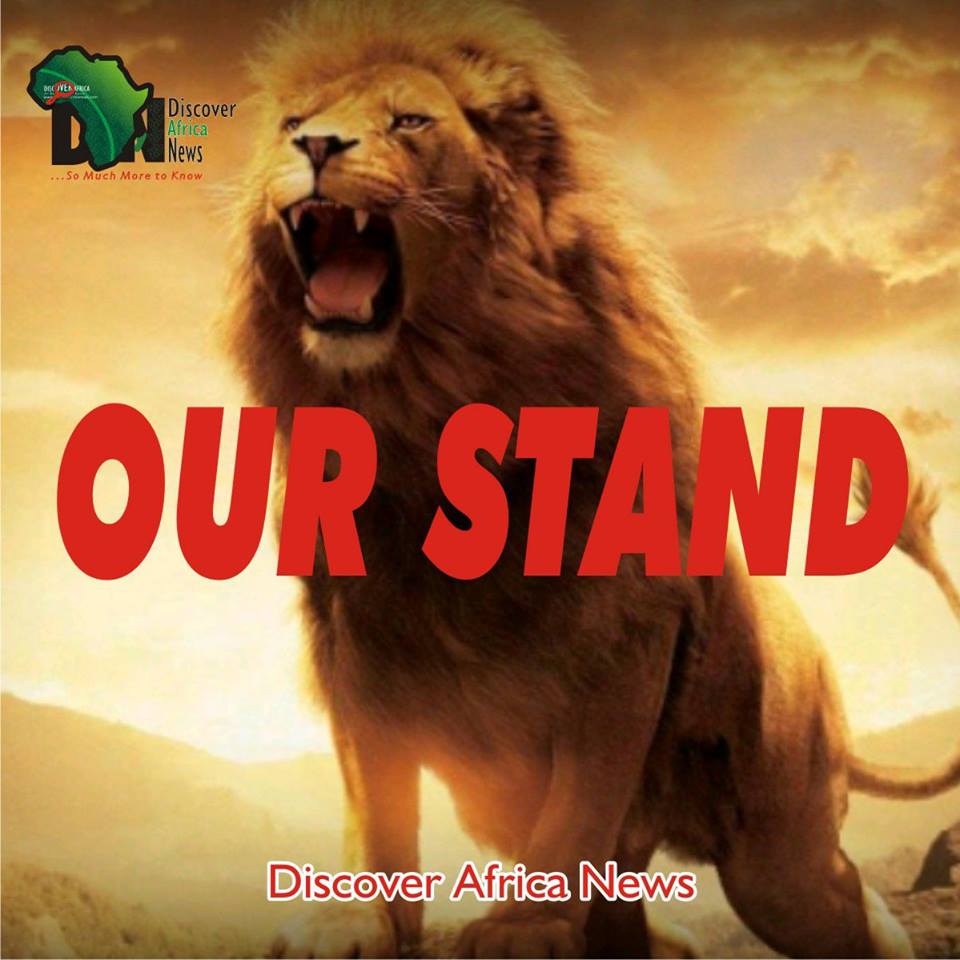
Water should be available to everyone
Clean, safe water is a right of everyone in Africa
It is again March 22 and the United Nations is once again marking the World Water Day to remind the world of the importance of water in its different uses and also advise on good water management. The theme for this year’s World Water Day is “Nature for Water”, created by the UN-Water to encourage people to “look for the answer in nature”.
Discover Africa News notes poignantly, that one nature of water is life. Water is life. As long as one wishes to have life, they wish to have water at the same scale.
But it is unfortunate that the common people, especially in Africa, do not have access to clean water. Their leaders have taken away the luxury of life as well as the necessities of life. The common people do not have access the beautiful houses, roads, quality healthcare, quality education and most unfortunately, the people do not access quality water.
In the Nigerian experience, the United Nations Children’s Fund (UNICEF) today issued a statement, saying that 69 million citizens do not have access to safe water and 19 million have to walk long distances to get water, adding that about 40 per cent of households do not have access to clean water sources.
UNICEF added that lack of safe drinking water contributes to stunting or shortness in the child’s development stages, an experience that is preponderant in Africa.
It is important to note that stunting is not the only problem associated with lack of safe water. Waterborne diseases like Guinea worm, Cholera, Diarrheal among others abound in Africa.
In 2017, Federal Government of Nigeria budgeted the sum of N104,245,803,11 for the Ministry of Water Resources. How did the Ministry of Water Resources utilize this budget to increase access to clean and safe water by the common man in Nigeria? We do not expect that number of people who do have access to good water in Nigeria should be as high as the figure above: “69 million citizens do not have access to safe water and 19 million have to walk long distances to get water, adding that about 40 per cent of households do not have access to clean water sources”. It is quite unfair.
We agree with UNICEF that for Nigeria to achieve the global goal of providing access to safe water for every citizen by 2030, it needs to make water, together with sanitation and hygiene, a national priority. This goal is closely linked with three key results for the country-good health, environment sustainability and economic prosperity. And this is not peculiar to Nigeria but to other African countries whose citizens cannot boast of access to good water.
UNICEF also notes that “Waterborne diseases also contribute to stunting. A stunted child is shorter than he or she could have been, and will never be able to reach his or her full cognitive potential. Lack of safe water and sanitation also make children vulnerable to other threats beyond health. Many children in rural areas spend several hours daily collecting water, missing out on the opportunity to go to school… Children without access to safe water are more likely to die in infancy and throughout childhood from water-borne diseases. African leaders should note that Diarrhoea remains the leading cause of death among children under five years of age in Nigeria”.
We challenge governments of Africa to note that water is life and it is essential that every person, every household should have easy access to clean, safe and heathy water. If the office holder can’t provide other basic things for the people who elected them to the office, please, they should provide water.




Recent Comments